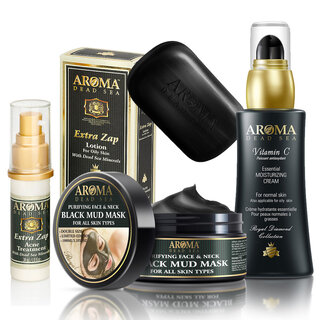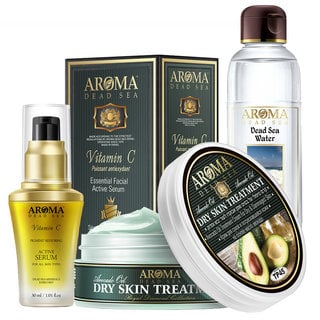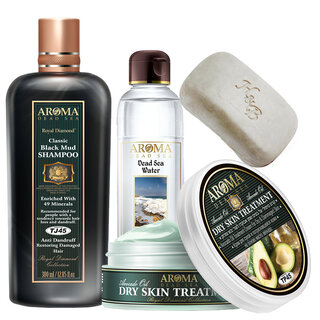
Autumn Skin Care
Autumn is a beautiful season. Nature changes and provides spectacular colours. The heating comes back on and we make ourselves cozy inside. We feel more like cocooning: taking a bath, enjoying a face mask and evenings on the couch.
For the skin, autumn is a transition period from summer to winter. Your skin needs to repair the damage from summer and prepare for winter.
As autumn begins, it is therefore good to take a close look at your skincare routine. This is because artificial heating and less sun have a direct impact on the skin. By adjusting your routine, you can prevent your skin from becoming drier and more sensitive. For example, opt for a richer face cream and use a serum more often.
By taking more intensive care, you can also prevent skin conditions like acne, atopic eczema, psoriasis and rosacea from worsening due to drier air and lack of vitamin D.
In your skin care, choose ingredients that help repair the skin. Vitamin C, for example, has a proven effect against existing sun damage (pigmentation and wrinkling). Products with barrier repairing and calming substances also help to restore the skin's condition. Furthermore, make sure you use sufficient moisture-retaining ingredients like hyaluronic acid.
Exfoliate
Scrubbing becomes extra important now. A good scrub/peeling not only removes dead skin cells but also helps reduce pigmentation, prevent pimples and retain moisture.
Exfoliate your skin 1-2 times a week. For the face, use a mild scrub, for the body a coarser one. Exfoliating removes dead skin cells and stimulates skin repair. Don't forget the feet (especially the heels)!
Take care of your hands
The hands always have a lot to endure, but in autumn they get dry quicker due to the cold outside and dryness inside. So here goes: moisturise regularly! Our range includes several hand creams that prevent and repair chapped hands, nourish and care for the skin and are also quickly absorbed.
Drink water
It is important to moisturise the skin both from the outside (caring creams) and the inside. Pure water (avoid e.g. alcohol and coffee) is most effective for this.
Moisturize regularly
Closing windows and turning on the heating will lower the humidity in the house. This lower humidity causes the skin to lose its moisture to the environment, making it feel drier.
Therefore, take care of your skin regularly with a rich body cream or oil. Give extra attention to dry areas like the shins, knees, feet and elbows.
Use a serum and a richer cream for your face
The inclement, cold wind, rain and the heat and dryness of heating often leave skin feeling tight and can quickly develop cracks, tears, flakes and red patches.
In autumn, it is therefore best to use a face cream that properly nourishes, moisturises and protects your skin from cold, rain, wind and temperature changes. Give your skin an extra boost by using a serum under your cream. Also, apply a nourishing face mask once or twice a week.
Don't shower too long and not too hot
It is of course great to take a long, hot shower or bath after a bleak, cold autumn day! We warm up again and forget everything around us. However, as shower and bath water extracts many of the skin's natural fats and moisturisers, the skin becomes dry and sensitive. So enjoy, but, as with many things in life, in moderation! Limit your time in and under water and use mild products.
Skin complaints in autumn
Why is it that existing skin complaints like eczema and psoriasis often worsen in autumn? Even if you took perfect care of your skin throughout the summer, sun, sea and chlorinated water and/or air conditioning have put your skin barrier to the test. A damaged skin barrier is easier for bacteria and viruses to enter and also causes the skin to dry out faster. As a result, skin complaints like psoriasis and eczema are more likely to develop or worsen.
More acne after summer
Acne problems can also flare up or worsen after summer. This is because UV radiation causes the outer skin layer to thicken. This extra load on the skin cells can cause blockages in the follicles, increasing the risk of developing inflammations. In addition, sunlight can stimulate sebum production. As the summer tan slowly disappears, acne is also more noticeable in autumn.









